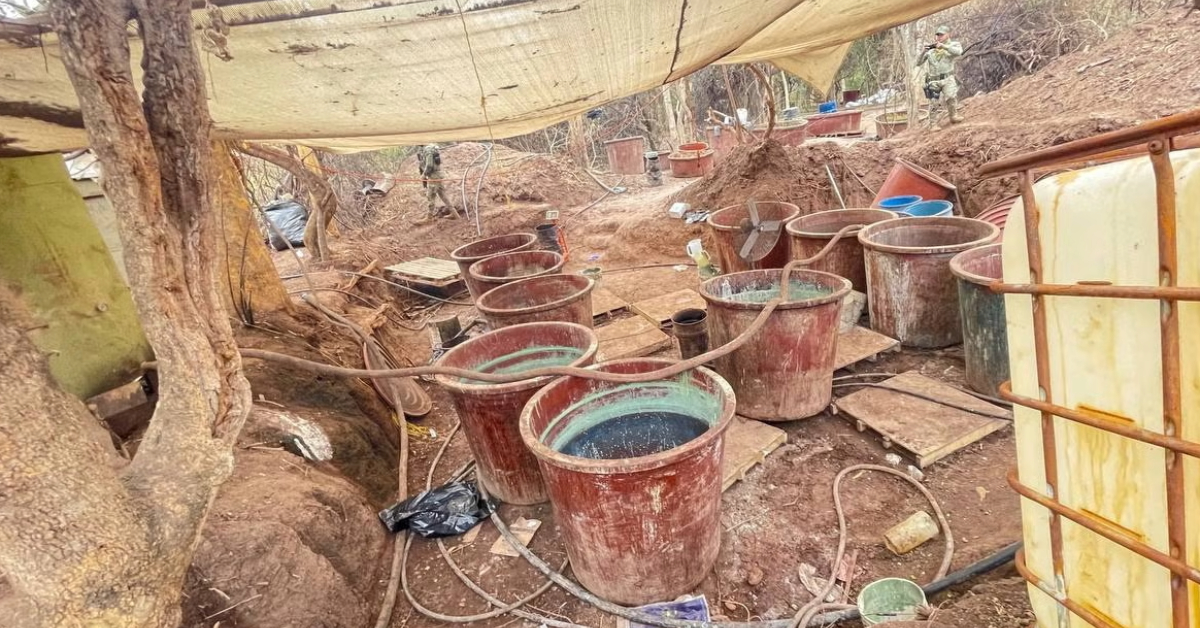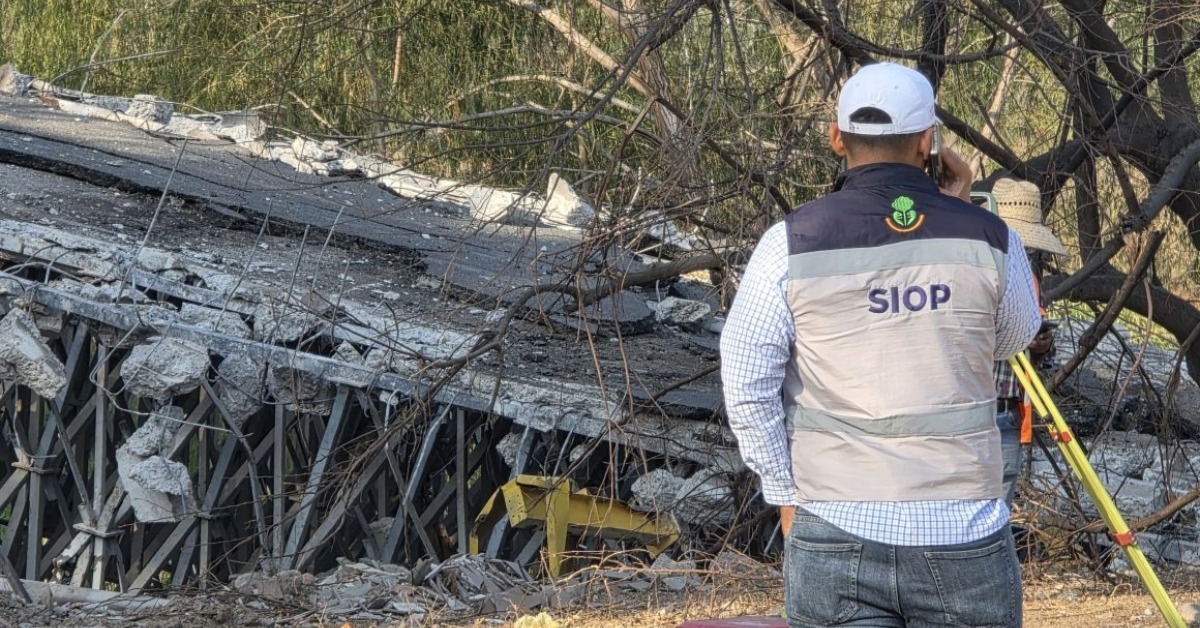Puerto Vallarta, Mexico - In a recently published World Drug Report by the United Nations Office on Drugs and Crime (UNODC), Mexico, along with Afghanistan, Myanmar, and Syria, has been identified as a significant hub for the global manufacturing of synthetic drugs. These findings underscore how these countries have become fertile grounds for such activities, primarily due to prevalent governance issues and instability.






